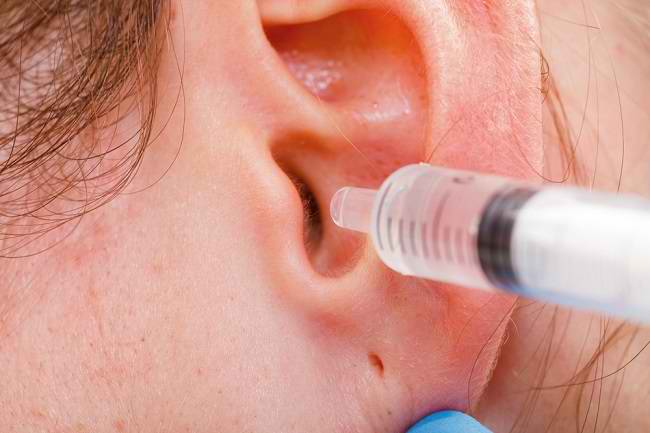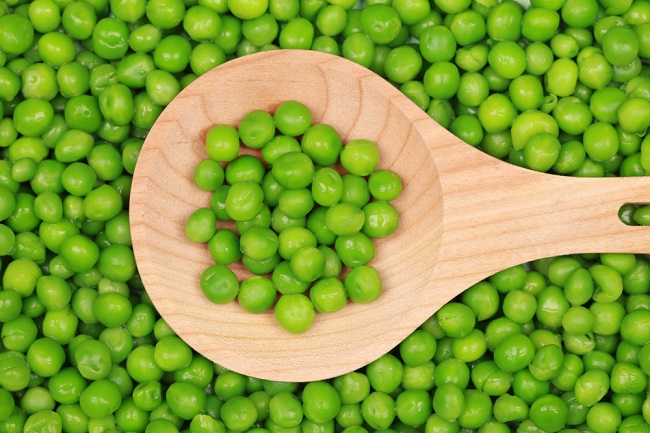Eating foods high in protein and omega-3 fatty acids, such as fish, is important for pregnant women. Even though fish at risk of containing mercury that can harm the fetus,Pregnant women don't need worriedbecause there are various guidelines for eating fish safely during pregnancy.
Fish is rich in various nutrients needed by pregnant women and fetuses, ranging from protein, vitamin B12, and vitamin D, to docosahexaenoic acid (DHA) which is beneficial for the baby's brain development. That is why pregnant women are still advised to consume 2-3 servings of fish per week.

The Danger of Mercury from Fish for Pregnancy
Although it contains many beneficial nutrients, fish is also at risk of containing mercury which can harm the fetus, especially if consumed in the long term. Some of the dangers that can be caused by exposure to mercury in pregnant women are:
- Disorders of the baby's brain development
- Disturbances in the development process of the baby's abilities, such as the ability to walk, talk, remember, and pay attention
- Increased risk of children experiencing attention deficit hyperactivity disorder (ADHD)
Of the various types of fish that are scattered, the larger and longer-lived marine fish tend to have the highest mercury content. Big fish eat a lot of small fish, so the mercury found in small fish will build up in the bodies of big fish over time. This process is also known as bioaccumulation
Fish in this group should be avoided by pregnant women. These fish include shark, swordfish, marlin, cod, king mackerel (king mackerel), bluefin tuna, and baramundi.
Tips for Eating Fish Safely
To prevent the risk of harmful mercury from fish, the following are some guidelines for consuming fish during pregnancy that need to be considered:
1. Limit the amount of fish consumption
Seafood, including fish, is the type of food most easily exposed to mercury. So, the consumption of seafood in pregnant women needs to be limited. The recommended consumption limit is about 350 grams or about 2-3 servings of low-mercury fish in 1 week.
2. Choose the right type of fish
Choose fish that are not too large and are not predatory (predatory fish). Some types of fish that are considered safe and low in mercury are sardines, salmon, tilapia, catfish, anchovies, and canned tuna.
3. HiAvoid consuming raw fish
Several studies have shown that raw fish will have a greater effect on mercury than cooked fish.
In addition, consuming raw fish, including sushi, sashimi, smoked fish, and fish jerky, is also not recommended for pregnant women because of the risk of causing dangerous bacterial or viral infections.
4. Cook the fish until cooked
Make sure the fish that pregnant women consume has been cooked until cooked or with a temperature of at least 65 degrees Celsius. The characteristics of cooked fish are that the flesh is soft, grayish white, and easy to remove.
In essence, pregnant women do not need to worry too much. As long as you pay attention to the type, portion, and cooking method, pregnant women may, how come, eat fish. In addition, the human body is actually able to get rid of mercury naturally, as long as it's not excessive.
Health problems due to mercury will only occur when a person consumes fish or foods high in mercury continuously for months or in excessive portions.
Pregnant women can also use other foods as sources of omega-3 fatty acids, such as sunflower seeds, squid, edamame, almonds, chia seeds, and omega-3 fortified eggs. If necessary, ask your doctor about the types of good foods to meet nutritional needs during pregnancy.









